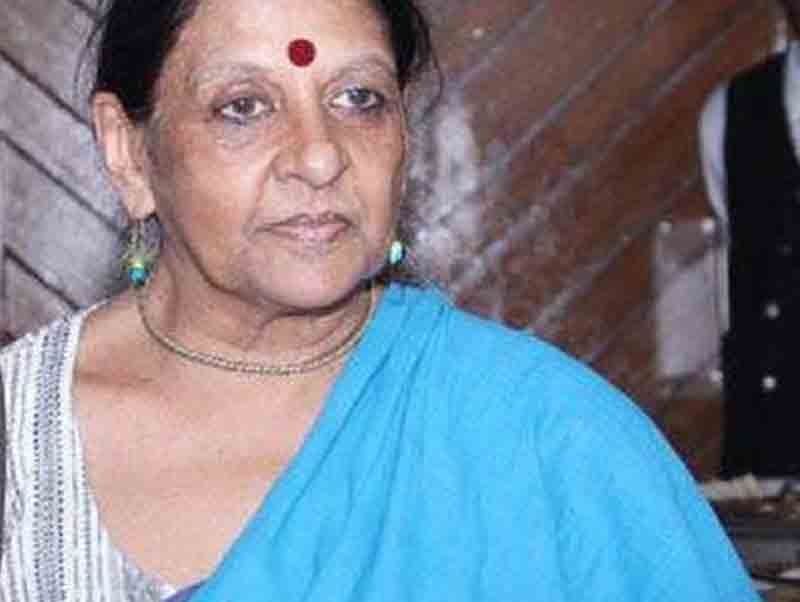New Delhi: Supplanting industrial goods where traditional craft items could be used is a major barrier in livelihood sustenance of craftspeople, crafts revivalist and former politician Jaya Jaitly has said.
Jaitly, who founded the non-profit organisation Dastkari Haat Samiti in 1986, has been a long-standing activist for handicraft artisans and craftspeople, and an active voice against the substitution of manual skills.
Echoing that the handicrafts face a competitive juggernaut from the mills’ powerlooms, which is a key issue holding down the expansion of traditional crafts, Jaitley told IANS that “along with the product, it has to be equally about its maker”.
Jaitly was speaking on the sidelines of a 7-day exhibition of North Karnataka’s saree weave form, ‘patteda anchu’, organised by Dastakari Haat Samiti.
A crusader against the dilution of items offered in crafts market Delhi Haat, Jaitly has often spoken strongly against the Haat’s takeover by private traders who sell non-craft items.
“We tend to allow supplanting of industrial goods, like plastic, where a craft item could be easily used.”
Taking the example of bamboo, she iterated that it needs to be made part of everyday living and like many other crafts, should not be considered just ornamental but also functional.
The former Samata Party President recalled the recent instance of gifting 1,000 bamboo hand-fans to the dignitaries present at Delhi’s Red Fort during Prime Minister Narendra Modi’s Independence Day speech.
The fans, hand-painted by tribal artists, were procured from the Tribal Cooperative Marketing Development Federation of India (TRIFED), and given to the guests to cool themselves.
“This, however, shouldn’t be a one-time thing. It can be applied across the board in many situations where it gives work to the craftspeople and sustains livelihood, and performs a useful purpose for everyone,” Jaitly said.
Handloom crafts, which stem from India’s rich aesthetical tradition, have to “fight for their own space”, she said.
“The lobby for them has to be livelihood, environmental benefits, organic nature of the material, and skills of human beings that are not replicable easily,” she said, adding that the human being still has to be the most valued on earth, not a machine.
Jaitly, who claims politics helped her understand the socio-economic conditions of craftspeople better, said only a good market demand can help craftspeople combat the competition from machine-made goods.
“You don’t even have to create jobs and factories for these people, as many work out of their own workshops or homes.”
The exhibition will conclude on Wednesday.
[source_without_link]IANS[/source_without_link]

